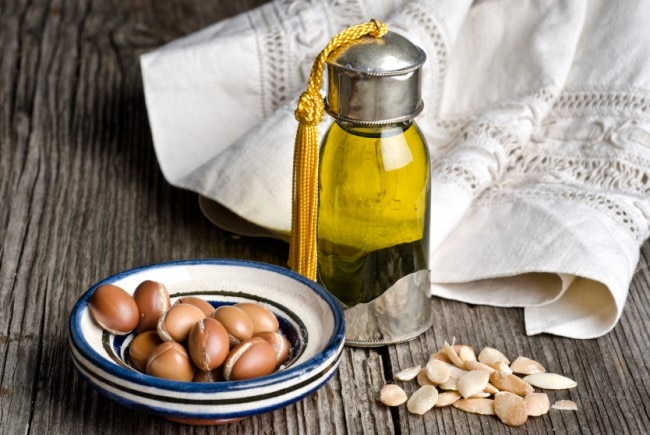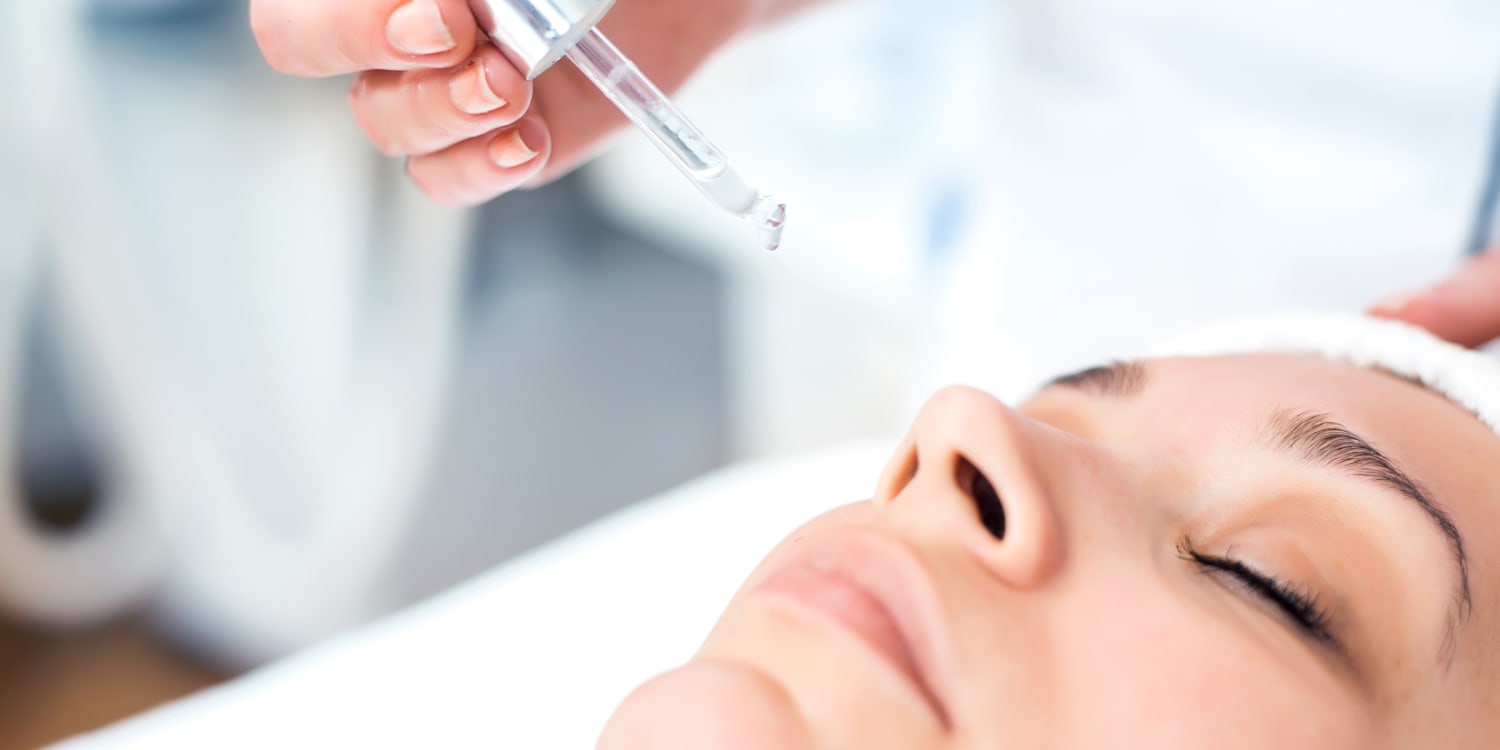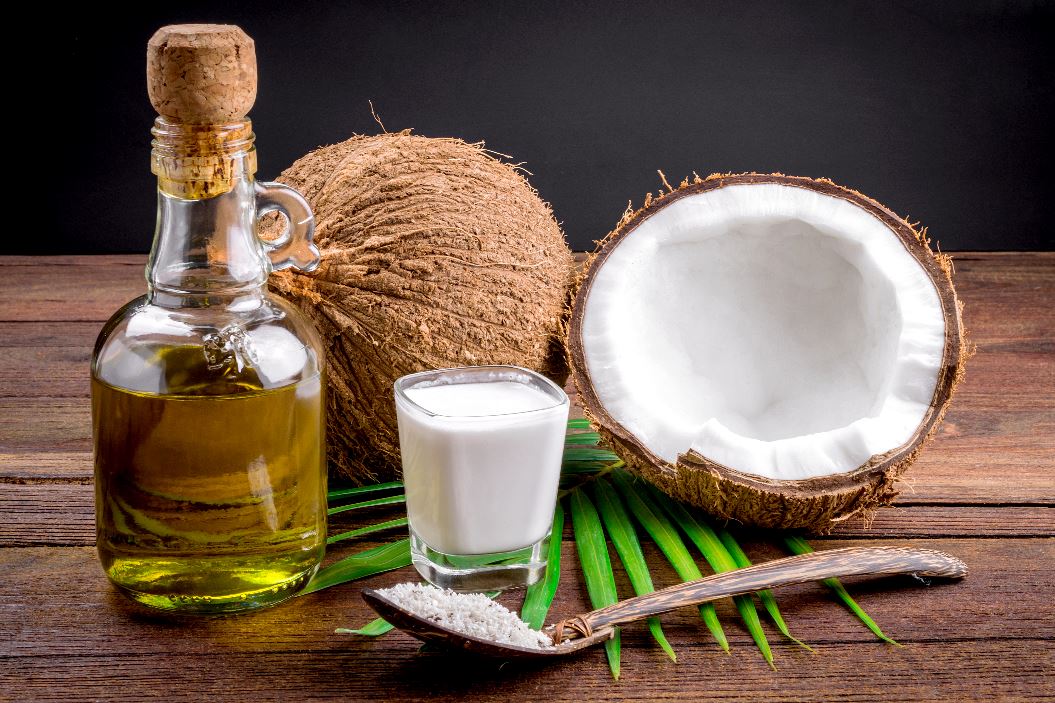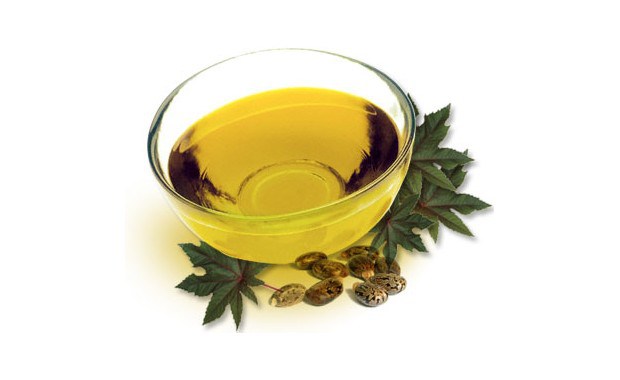 From
restorative rosehip to multi-talented lavender, there are numerous skin-saving
botanicals that have been smoothing, plumping and healing skin for generations.
Here’s how to incorporate plant oils into your daily skincare routine. And this
is not restricted to those with dry skins as many skin types can benefit from
soothing natural oils.
From
restorative rosehip to multi-talented lavender, there are numerous skin-saving
botanicals that have been smoothing, plumping and healing skin for generations.
Here’s how to incorporate plant oils into your daily skincare routine. And this
is not restricted to those with dry skins as many skin types can benefit from
soothing natural oils.Natural oils, such as coconut oil, shea butter oil, and olive oil, have been used for skin care and hair care for centuries. Generation after generation have touted them for various moisturising, protective, and antibacterial qualities. With the growth of the modern cosmetic and wellness industries, these deceptively simple substances have often been overlooked, but they’ve had a bit of a resurgence in the public eye over the last decade, as people strive to find additive-free, affordable, and effective products.
But which oils should you use, how
should they be used and what’s the difference between them?
Coconut oil is easily absorbed into the skin and is known to have many health benefits, including vitamins E and K, as well as its antifungal and antibacterial properties. The one big exception? Along with cocoa butter, coconut oil is likely to cause breakouts. In general, coconut oil is a great option for almost everybody, except if you have oily skin and you're acne prone, it's probably not advisable to use it on the face. In a study published in the journal Dermatitis, researchers found coconut oil was better than olive oil at moisturising skin when used in a carrier. Remember to look for cold-pressed, unrefined coconut oil for your face or skin care.
2. Olive Oil (
Olive oil doesn’t typically trigger allergic reactions but for the best results, be sure to opt for the extra-virgin variety. Olive oil contains vitamins A, D, E, and K, and some research, such as a study published in October 2016 in the journal Nanomaterials and Nanotechnology, it offers scientific evidence of its potential as a moisturiser. With its heavy consistency, it is a great choice for an all-body application. You may even want to try an olive oil cleanser or bar of soap for a clean that won’t dry out your skin. Olive oil for face can be particularly helpful in overnight masks designed to deliver intense moisture to skin while you sleep.
3. Sunflower Seed Oil (
Sunflower seed oil is widely available, high in vitamin E, and absorbs easily into the skin, making it an excellent choice as a natural moisturizer. One study, published in January-February 2013 in the journal Paediatrics and Dermatology, found that in infants sunflower oil better protected the skin’s barrier and didn’t cause or aggravate atopic dermatitis (a form of eczema), as compared with olive oil.
4. Shea Butter (
Derived from the nuts of the African shea tree, shea butter is a tallow-like substance that is commonly found in a solid form, but it melts at body temperature, and is sometimes used as a moisturiser and hair product, even patients with hyperallergenic conditions and sensitivies rarely have allergic reactions to it. Unrefined, organic shea butter can also be combined with olive oil or coconut oil to create a smoother texture for application.
5. Jojoba Oil (
Jojoba is native to Mexico and the American Southwest, where its oils have been extracted from its seeds and used medicinally by Native American tribes. There are very little reports of in the way of allergic reactions to [jojoba] as well which makes it an ideal choice for skin health. In a review published in December 2013 in the Journal of the Italian Society of Dermatology and Sexually Transmitted Diseases, researchers found jojoba oil may have anti-inflammatory and wound-healing effects, among other skin benefits.
6. Almond Oil (
Made from pressed raw almonds, almond oil is full of health benefits, such as vitamin E, zinc, proteins, and potassium. It has a lighter texture than olive oil and shea butter, which many find appealing to use on the face. But sweet almond oil can result in allergic responses, so it is recommended that it be avoided if you have sensitive skin.
7. Grape Seed Face Oil (Vitus vinifera)
This non-fragrant, lightweight plant oil comes from grape seeds, typically those that are by-products of winemaking. Its very low saturated fat content gives this oil a lightweight, fluid texture. Grape seed oil has a high content of vitamin E, one of the reasons it’s such a good antioxidant. It also contains several phenolic antioxidants (like resveratrol). Grape seed oil’s benefits apply to all skin types, but its lighter texture makes it especially great for normal to slightly dry skin or dry areas of combination skin. Like most plant oils, grape seed oil delivers smoother, softer, more radiant skin. Its antioxidant content strengthens skin’s resilience to pollution and other environmental pollutants. Grape seed oil for face is a key player in many natural skin care products, as well as those designed for very dry skin.Containing vitamin E and essential fatty acids, grapeseed oil is lightweight compared with other natural oils. It also offers antioxidant, antimicrobial, and anti-inflammatory properties.
8. Rosehip (Rosa rubiginosa)
 The benefits of rosehip oil for
your skin are many and varied. It is famed for its restorative powers, which is
due, in part, to its high fatty acid content: namely linoleic and (more
unusually) alpha-linoleic acid. Perfect for ageing skin, these lipids play an
essential role in the defence and regeneration of skin cells. Rosehip oil also
contains anti-ageing vitamin A in the form of trans-retinoic acid. While less
potent than prescription and over-the-counter retinoids, there is evidence to
suggest that rosehip oil can help to reduce the appearance of scarring, age and
sun pigmentation, and even soften fine lines. Look out for cold-pressed
varieties: this means the rosehip’s goodness hasn’t been degraded by heat
during the extraction process. optimistic about its potential use for this
purpose. There have been no documented reports of allergic reactions to grapeseed oil and it definitely has a number of phytochemicals that have antioxidant benefits too.
The benefits of rosehip oil for
your skin are many and varied. It is famed for its restorative powers, which is
due, in part, to its high fatty acid content: namely linoleic and (more
unusually) alpha-linoleic acid. Perfect for ageing skin, these lipids play an
essential role in the defence and regeneration of skin cells. Rosehip oil also
contains anti-ageing vitamin A in the form of trans-retinoic acid. While less
potent than prescription and over-the-counter retinoids, there is evidence to
suggest that rosehip oil can help to reduce the appearance of scarring, age and
sun pigmentation, and even soften fine lines. Look out for cold-pressed
varieties: this means the rosehip’s goodness hasn’t been degraded by heat
during the extraction process. optimistic about its potential use for this
purpose. There have been no documented reports of allergic reactions to grapeseed oil and it definitely has a number of phytochemicals that have antioxidant benefits too.
How to use rosehip oil: To restore
skin while you sleep, apply rosehip oil directly each night to fine lines,
pigmentation and scarring.
9. Calendula (Calendula
officinalis)
Calendula’s skin-saving benefits
are thanks, in part, to its high carotenoid content. Responsible for the
calendula’s bright yellow flower, this pigment is also a potent antioxidant
that helps prevent epidermal damage by reducing the effects of free radicals
(or pollutants) from the environment, on our skin.
How to reap the benefits of
calendula oil: As part of your skincare routine, add a drop of calendula oil to
your morning moisturiser for a pollution-protective boost.
10. Argan (Argania spinosa)
While argan oil most commonly used
in the UK as a hair oil, in its native Morocco, argan oil is relied upon to
protect the skin from the dry desert winds. Rich in the hydrating and
skin-smoothing natural form of vitamin E (d-alpha-tocopherol), argan oil
protects sensitive, redness-prone skin from the cooler elements of autumn.
How to use argan oil: From the
face to the cuticles, liberally apply this lightweight oil to any areas of
commonly exposed skin.
11. Lavender (Lavandula
angustifolia)
While lavender oil is most often
cited for helping heal infections and inflammatory disorders, one of its most
precious beauty benefits is its sleep-inducing properties. While we would never
recommend putting lavender oil directly onto your skin (it stings!), the real
trick to radiant skin is getting a good night’s beauty sleep – and this
multi-functional oil can certainly help with that. Clinical studies have
demonstrated that lavender oil can increase and decrease the percentage of
slow-wave and REM (rapid-eye movement) sleep respectively. This not only
results in vigour the next morning, but also in the brighter, plumper and more
rested-looking skin.
How to use lavender oil for sleep:
Sprinkle a few drops of lavender oil onto a tissue and tuck into your
pillowcase for a restful night’s sleep.
12. Chia Seed Face Oil (Salvia
hispanica)
 Chia seed oil comes from the tiny
seeds of the chia plant. It’s primarily known as a nutritious food, but it has
numerous benefits for skin, too. Chia oil delivers omega-3 fatty acids to skin
along with phenolic acids and isoflavones, two potent sources of antioxidants.
The omega-3 oils calm and hydrate while the antioxidants visibly reduce signs
of aging and stress, all without a heavy, “coated” feel. Chia oil also contains
proteins that can help bind moisture to skin. Chia seed oil is great for all
skin types, even blemish-prone or reddened skin. Given the calming nature of
the omega-3 fatty acids, you should see a more unified skin tone that becomes
less reactive to external assaults. And, of course, your skin will feel softer
and smoother, and look more vibrant. Chia seed oil for face makes a great
complement to many skin care products, including booster the soothing and
hydrating properties of those containing omega fatty acids.
Chia seed oil comes from the tiny
seeds of the chia plant. It’s primarily known as a nutritious food, but it has
numerous benefits for skin, too. Chia oil delivers omega-3 fatty acids to skin
along with phenolic acids and isoflavones, two potent sources of antioxidants.
The omega-3 oils calm and hydrate while the antioxidants visibly reduce signs
of aging and stress, all without a heavy, “coated” feel. Chia oil also contains
proteins that can help bind moisture to skin. Chia seed oil is great for all
skin types, even blemish-prone or reddened skin. Given the calming nature of
the omega-3 fatty acids, you should see a more unified skin tone that becomes
less reactive to external assaults. And, of course, your skin will feel softer
and smoother, and look more vibrant. Chia seed oil for face makes a great
complement to many skin care products, including booster the soothing and
hydrating properties of those containing omega fatty acids.
13. Evening Primrose Face Oil (Oenothera
biennis)
Evening primrose oil is obtained
from the seeds of a flowering plant. It has a fluid, silky texture thanks to a
high concentration of the omega-6 fatty acid gamma-linolenic acid (GLA). The
omega-6 fatty acid in evening primrose, plus other fatty acids and a range of
antioxidants led by vitamin E, work to balance skin’s reactive tendencies,
calming its surface to reveal a smooth, even, and younger appearance. Evening
primrose oil is great for all skin types, but especially good if your skin is
showing signs of aging and if you’re struggling with sensitivity. In a
word—calm. Your skin will take to evening primrose oil’s GLA content and, in
seemingly no time, begin to look and feel more like normal skin.
Because of its soothing
properties, evening primrose oil for face can be a great additional to toners
designed for dry to very dry skin.
References:
- Journal of Food Science and Technology, August 2016, pages 3206–3214
- AAPS Pharm SciTech, August 2016, pages 863–871
- Nutrition and Metabolic Insights, August 2016, pages 59–64
- Indian Journal of Dermatology, May-June 2016, pages 279–287
- Annals of Dermatology, December 2014, pages 706–712
- International Journal of Dermatology, January 2014, pages 100–108
- Journal of Italian Dermatology and Venereology, December 2013, pages 687–691
- Pediatric Dermatology, January-February 2013, pages 42–50
- International Journal for Vitamin and Nutrition Research, 2009, issue 3, pages 152–165
- Journal of Agricultural and Food Chemistry, June 2008, pages 3945–3952
- Journal of Cosmetic Dermatology, June 2007, pages 113–118
- Plant Physiology, September 2000, pages 243–252


